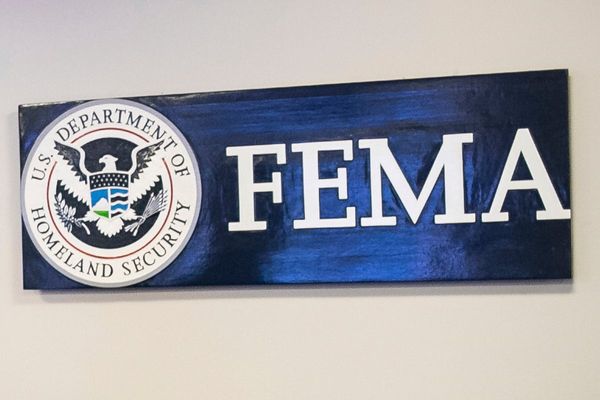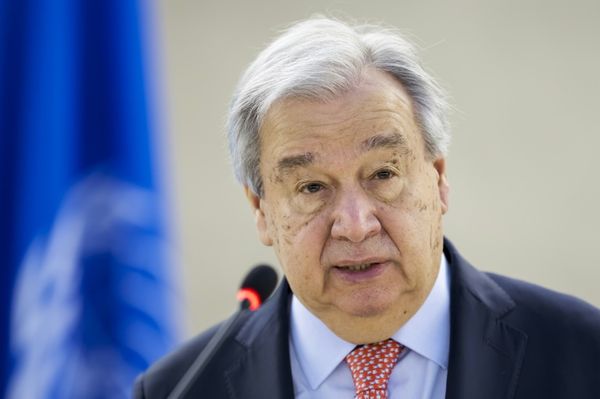
The Designated Veteran Player Extension — sometimes called the “supermax” extension for short — is a double-edged sword for NBA franchises. It will give them a powerful tool to retain top talent, but at times at the cost of signing a player to a contract their production might not quite live up to.
With the Boston Celtics having recently extended All-NBA forward Jaylen Brown to such a deal, the debate has entered the Celtics media sphere since the start of the 2023 NBA offseason. With that in mind, a recent article by Heavy’s Steve Bulpett shared the perspective of league execs on the supermax, with trepidation being shared by at least one anonymous GM.
Buy Celtics Tickets“Supermax isn’t a guarantee of the result you’re looking for,” offered the unnamed general manager. “Inflated contracts are even harder to move.”
New episode of @CelticsLab on YouTube via @CelticsCLNS
All things Winning Times with author @jeffpearlman. Excellent episode you don't want to miss!
Sponsored by @FDSportsbook pic.twitter.com/brlbNRPCSi
— Dr. Justin Quinn (@justinquinnn) August 31, 2023
“The additional penalties in the new CBA should slow the roll of everybody giving out a supermax deal the first time a guy qualifies,” they said. “Just because a guy qualifies for it doesn’t necessarily make him entitled to it.”
“If you’re going to call yourself a franchise-level player, which is what I think the supermax number says, you’ve got to have more than just putting up numbers,” they posit.
Within that framework, they have a point. But how NBA rules are intended vs. how they play out are two different things.
In this case, even if the supermax was intended to be a tool to retain a “franchise-level player,” it has morphed into the cost of doing business — as the Celtics seem to have acknowledged by their acts.
Listen to the “Celtics Lab” podcast on:
Apple Podcasts: https://apple.co/3zBKQY6
Spotify: https://spoti.fi/3GfUPFi
YouTube: https://bit.ly/3F9DvjQ







